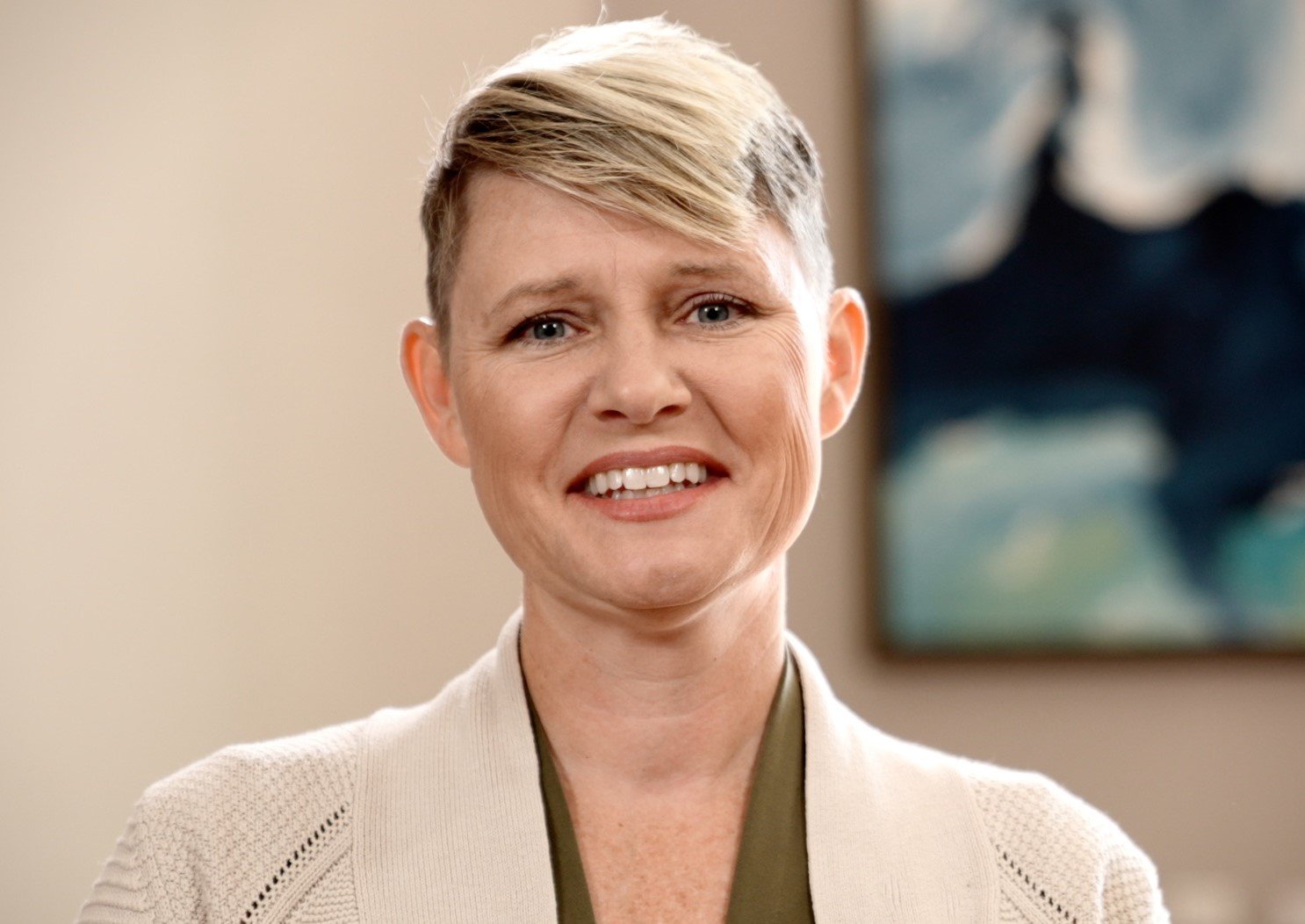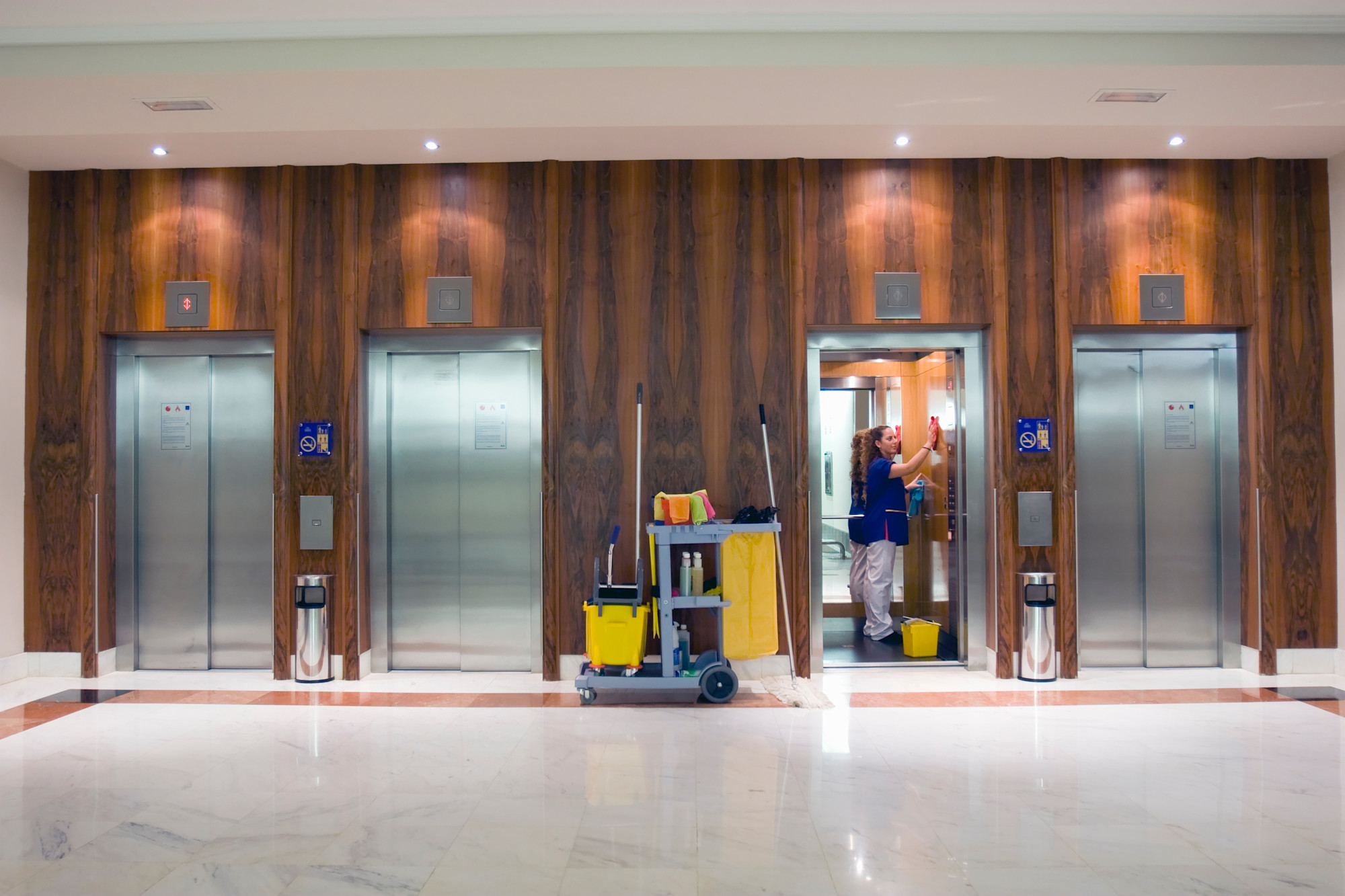Table of Contents
Any high performer will tell you that excellence is intentional.
“We are known for quality—excellence is one of our core values,” says Shandra Brannon, Chief Operating Officer of Heritage Landscape Services. “We are not a blow, mow, and go company. It will look perfect when we leave, and that's not only the client’s expectation but ours.
There’s a famous standard for excellence in landscaping in the Southeast.
“The term now is (properties) need to look like The Masters, they need to look like Augusta National,” she says.
Heritage Landscape Services covers the Columbia and Charleston areas of South Carolina and was founded in 1986 by Robert McLeod, who decided to change industries from farming to landscaping. The business went from McLeod to his son several years ago, and his grandson and grandson-in-law continue the family tradition by buying the business this year. The company provides maintenance, irrigation, installation, mulching, and more to commercial clients.
South Carolina’s climate means there’s no end to the season, and a surge of construction projects has provided a steady stream of business for the well-regarded business. Heritage reported 40 percent growth in 2022, and current revenue is around $14-15 million.
The boost in growth in 2022 came from several massive construction projects that averaged $750,000 each. These large projects were a wake-up call that the team needed to streamline systems, prepare to scale, and not rely on the occasional big-money jobs—mainly because they set a goal to triple the business by 2033.
As any turf professional knows, you can’t achieve Masters’ level perfection in your landscape services if your operation has more divots than a neglected tee box. There were plenty of gaps to fix in Heritage’s process—so they focused on the area that would make the most impact: software.
Building a foundation
If 2022 was a boom year for Heritage, 2023 has been a hold-steady year focused on building a solid operational infrastructure.
“We tie it back to building a wonderful foundation for a house,” Brannon says. “(Aspire’s) the plumbing and the electrical. It's not the pretty part, and it takes the longest, but if your plumbing and electrical aren’t working, it doesn't matter how pretty the house is; it's not going to be very functional.”
Brannon is a critical piece of this foundation building. She started at Heritage in 2021 as a controller and moved into strategy, then into her current role as COO, where she breaks down issues in the business.
“When you lump everything into one division, you cover up a lot of ugly and don't know how to fix it because you can’t find it,” she says. “The bottom line looks fine, but you have areas where you're losing money and can't figure it out.”
In 2022, Heritage began splitting its service lines into divisions to report P&L and pinpoint trends more accurately, but it wasn’t enough. After consulting with other companies in their shared peer groups, it looked like Aspire would provide the boost the company sought.
Heritage signed with Aspire in March 2023 and went live in July 2023. The team jumped in with both feet, onboarding not just Aspire but also PropertyIntel, Inova, and Azuga.
“We just bit it all off at once and said, ‘We're doing this,’ “ Brannon says.
Brannon admits the implementation experience was challenging but clearly defined, and Heritage chose key stakeholders in the business to drive the process internally.
“The communication was great, and our implementation manager was always there,” she recalls. “Having the right team on our side and having the right implementation team on the Aspire side made all the difference.”
Eyes on the prize
About three days into Aspire being live, as Brannon reviewed time with a crew supervisor, she experienced her first “Aha!” moment with the system.
“He pulled up the previous day and went, ‘Look at all this wasted time—we're not efficient at all,’” she recalls. “Seeing the drive time and inefficient routes … it was eyes wide open suddenly. I walked out and yelled, ‘Everybody, listen to this!’”
The dashboards in Aspire have provided game-changing transparency, focus, and accountability because goal progress and status are always front and center.
“People need to be reminded of where they are,” Brannon says. “If you never talk about, touch, or review it again, it's not a goal. You just wrote something down to check the box of having a goal.”
Despite being an in-demand $15-million business, the company only has three salespeople—two for installation and enhancements and one for maintenance. The company doesn’t advertise and operates solely on word of mouth. Aspire has provided the team with accurate job tracking, efficient bidding, and real-time progress updates on sales goals, which are musts for maintaining solid sales numbers, good cash flow, and meeting the sky-high standards of clients.
Earned revenue and a true month-end close
Before Aspire, Heritage prepared and closed financials but never had a proper month-end closing. The company now hard-closes each month with Aspire.
The platform requires the production team to close work tickets and billing to see real-time financials, and the company moved from invoiced revenue to earned.
The change was new to everyone, but earned revenue is much more advantageous for the business, especially with larger installation jobs.
“If an installation job spanned two months, they had all these expenses, and it looked bad because there was no revenue to match,” Brannon says. “We were behind the ball on whether we were making money on that project. Now the matching revenue goes with the expenses and puts us in a place where we can figure out where a project is, even if it's not complete.”
Real-time financial reports have made assessing the profitability of divisions, jobs, and clients easier. Brannon recalls discovering that a client had 100 small properties, and Heritage was sending 4- or 5-man crews where only a 2-man crew was needed.
“That’s massive and straight to the bottom line,” she says. “We can put workers where we need them and not waste time. The moment you stop wasting time, you add to the bottom line immediately.”
Integrations drive better communication and data access
“Without Aspire, my team would be in the dark,” says Brannon.
Heritage didn’t understand their labor efficiencies, and being in 12 different systems made communication difficult. Implementing not only Aspire but additional integrations with PropertyIntel, Azuga, and Inova has provided the team with better outcomes, such as:
More efficient bidding and faster, easier property measurements with PropertyIntel
Expedited insurance claims using footage from Azuga’s AI cameras
Confidence in labor hours and accurate payroll with Inova
The benefits that Heritage has seen encouraged them to attend the 2023 IGNITE client conference in Las Vegas. The event illuminated so much more in the business and was a good motivator that they’re on track to build excellence in their landscapes and processes.
“We learn from how other people do things in the system,” Brannon says. “(IGNITE) has also been uplifting because we've met people who have been in Aspire longer, and we're already doing things they're doing. It shows us that we have a good hold on it.”










